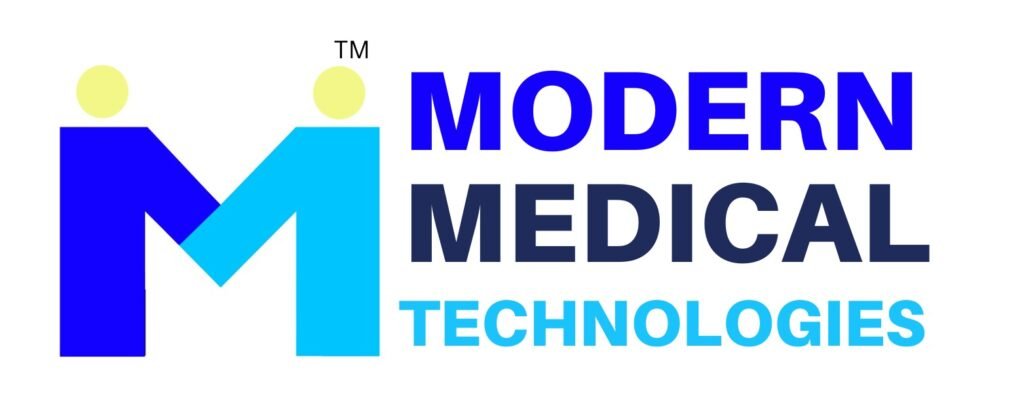
Medical Billing FAQs
Medical billing is the process of submitting and following up on claims with health insurance companies to receive payment for services provided by healthcare providers. This process ensures that healthcare providers are reimbursed for their services, and it involves translating healthcare services into billing codes.
Medical billing and coding are closely related but serve different functions. Medical coding involves translating healthcare services, diagnoses, and procedures into standardized codes, while medical billing involves submitting claims based on these codes to insurance companies for reimbursement.
The processing time for medical bills can vary depending on several factors, including the complexity of the claim, the accuracy of the submitted information, and the insurance company's processing time. Errors or missing information can also cause delays.
If your medical claim is denied, review the explanation of benefits (EOB) to understand the reason for denial. Common reasons include incorrect coding, missing information, or lack of coverage. You can contact your insurance company or healthcare provider to correct the issue and appeal the denial if necessary.
You can check the status of your medical bill by contacting your healthcare provider's billing department or your insurance company. Many insurance companies also offer online portals where you can track your claims.
Receiving a bill despite having insurance can occur due to several reasons, such as your insurance not covering the entire cost of the service, out-of-network charges, or your deductible not being met. Review your insurance policy and the bill details to understand the charges.
An Explanation of Benefits (EOB) is a document provided by your insurance company after a claim is processed. It explains what services were covered, how much the insurance paid, and what portion, if any, you are responsible for paying.
A co-pay is a fixed amount you pay for a healthcare service at the time of the visit. Co-insurance is a percentage of the cost of a healthcare service that you pay after your deductible has been met.
To avoid unexpected medical bills, ensure that the healthcare provider is in-network, verify what your insurance covers, ask for an estimate of costs before receiving services, and review your insurance policy thoroughly.
If you're unable to pay your medical bill, contact the healthcare provider's billing department to discuss payment plan options, financial assistance programs, or negotiate a reduced amount. Many providers offer options to help patients manage their bills.